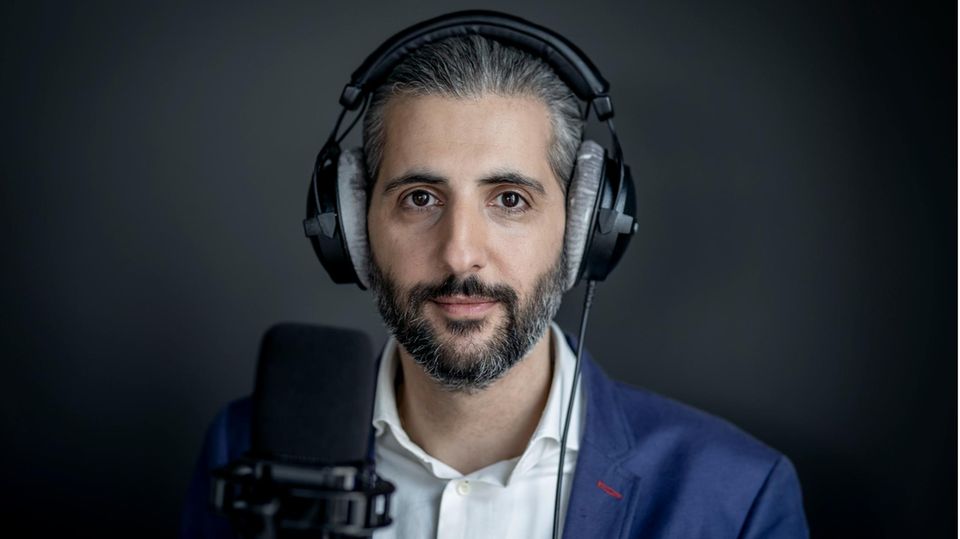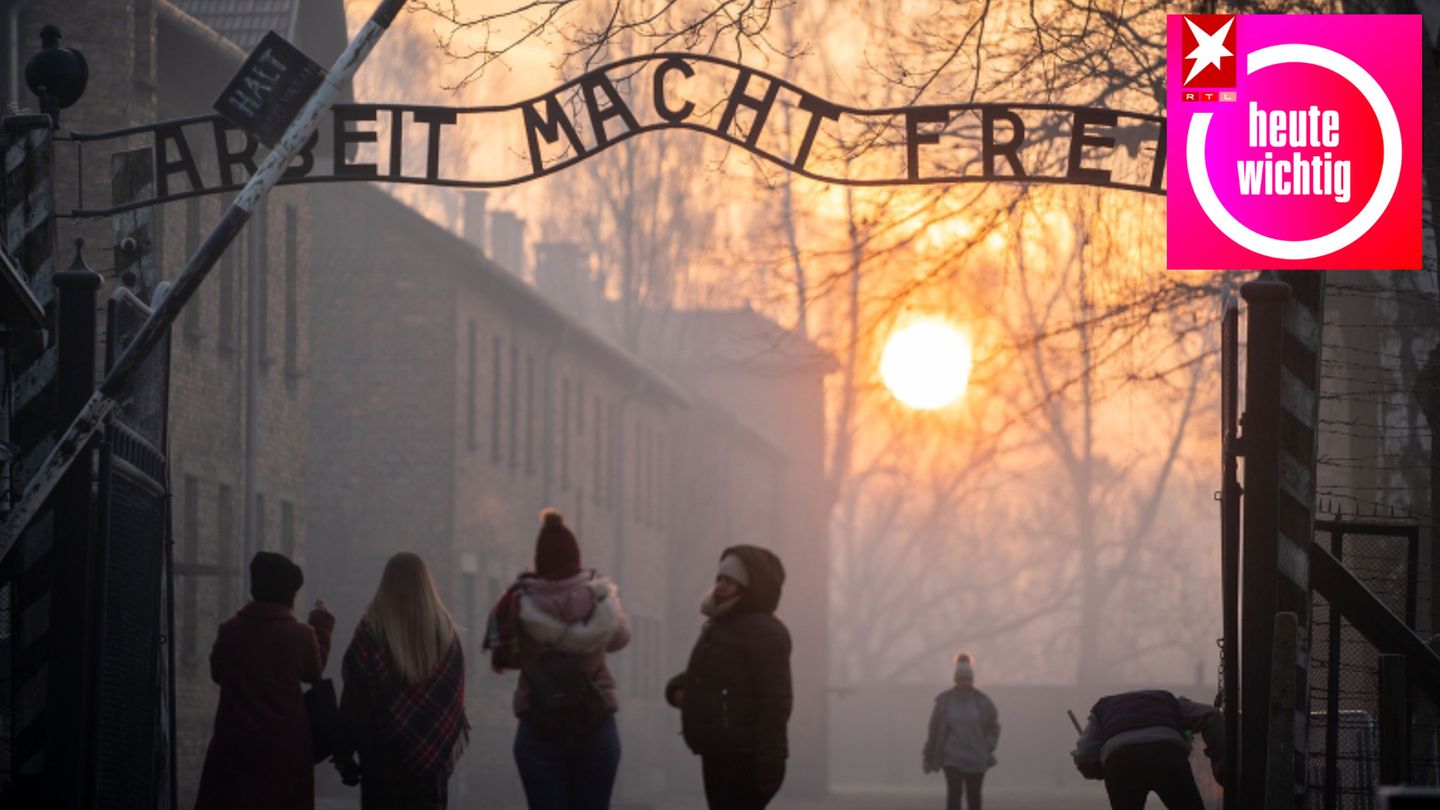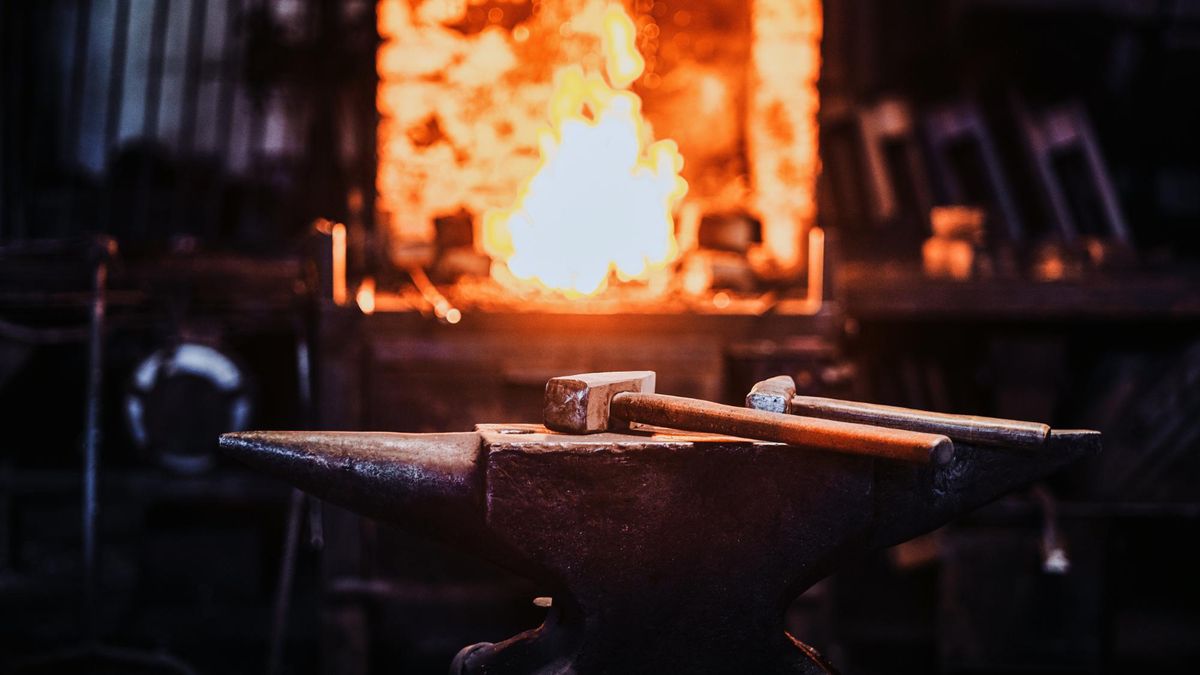Podcast
40 percent of Holocaust survivors worldwide live in old age poverty today. Also in Germany. While Jews, along with many other prejudices, are considered to be an almost privileged minority, reality paints a completely different picture.
Holocaust Remembrance Day commemorates January 27, 1945, when the concentration camp in Auschwitz was liberated by Soviet troops. One thinks of more than six million Jews who were harassed and murdered by the Nazis. And to the survivors who, completely traumatized by their experiences, had to find a way back to life. Today, around 40 percent of Shoah survivors live in poverty in old age and often only receive basic social security. In the 199th episode of “Today Important”, Laura Cazés, Head of Department at the Central Welfare Office of Jews in Germany eV, explains the complex reasons in an interview with Michel Abdollahi: a mixture of political failure, trauma and complex educational biographies.
“The problem of poverty in old age among Shoah survivors is not new.”
After the fall of the Berlin Wall, some Jews came to Germany as quota refugees from the former Soviet Union. Because the Federal Republic does not recognize degrees and years of service, many work in poorly paid jobs and receive less pension in old age. In addition, not all Shoah survivors received compensation payments, some only one-off payments or just a few hundred euros a month. Then there’s the trauma: “In Germany in particular, we hold the image of Shoah survivors who then go to school classes very highly. You also have to say that people had to have the resources for that. There were only very few who did that this highly traumatizing experience, both emotionally and actually financially,” explains Laura Cazés.

© TVNOW / Andreas Friese
Podcast “important today”
Sure, opinionated, on the 12: “important today” is not just a news podcast. We set topics and initiate debates – with attitude and sometimes uncomfortable. Host Michel Abdollahi and his team speak out for this stern– and RTL reporters with the most exciting people from politics, society and entertainment. They let all voices have their say, both the quiet and the loud. Anyone who hears “important today” starts the day well informed and can have a well-founded say.
To this day, the Jewish community is confronted with prejudice, anti-Semitism and racism
But this memory seems more important than ever. For example, on Holocaust Remembrance Day, the Central Council of Jews referred to a “frightening level of anti-Semitism” and called for swift countermeasures. Young people between the ages of 16 and 25 in particular want to know about this time, significantly more than their parents, according to a study published on Tuesday by the Rheingold Institute in Cologne. According to this representative study, this generation also draws a link to racism and anti-Semitism – the prejudices and hatred that some Jews are still exposed to today. Often in social media, but not only, 32-year-old Laura Cazés points out: “Social media helps to give many young, Jewish people different points of identification. They look like us, they have exactly the same problems, they want them too not only identified with the Shoah all the time. They also want to tell their stories in a variety of ways because they are complex people.”
How to subscribe to “important today”
Don’t miss an episode of Important Today by subscribing to our podcast at: , , , or your favorite podcast app. If you have any questions or suggestions, please write to us.
Source From: Stern
David William is a talented author who has made a name for himself in the world of writing. He is a professional author who writes on a wide range of topics, from general interest to opinion news. David is currently working as a writer at 24 hours worlds where he brings his unique perspective and in-depth research to his articles, making them both informative and engaging.




